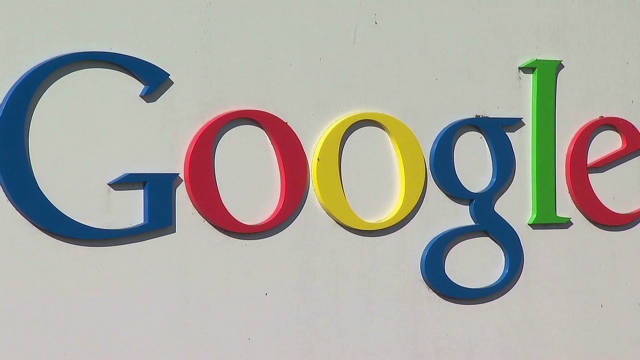--Help is just a few clicks away on Facebook for people expressing suicidal thoughts.
 |
The social networking site launched a new feature Tuesday that enables users to connect with a counselor through a confidential chat session triggered after a friend reports distressing content.
The new tool has several benefits, experts say, in the quest to reduce the number of nearly 100 Americans who commit suicide every day.
First, it brings quick intervention at times when it can be of most help. Second, it enables troubled people to start a chat over an instant messaging system that many find more comfortable than speaking on the phone with a counselor.
“We’ve heard from many people who say they want to talk to someone but don’t want to call. Instant message is perfect for that,” said Lidia Bernik, associate project director of the National Suicide Prevention Lifeline.
The service is the latest tool from Facebook aimed at improving safety on its site, which has more than 800 million users. This year, it announced changes to how users report bullying, offensive content and fake profiles.
“One of the big goals here is to get the person in distress into the right help as soon as possible,” said Fred Wolens, Facebook’s public policy manager.
In recent years, distressed people have posted their final words on Facebook.
In one high-profile case in September 2010, Rutgers University freshman Tyler Clementi jumped to his death from the George Washington Bridge after his roommate allegedly used a webcam to spy on his intimate encounter with another man.
Clementi had posted on his Facebook account: “Jumping off the gw bridge sorry.”
Last month, authorities in Pittsburg, Calif., said a man posted a suicide note on Facebook before he killed his wife and in-laws, then himself.
In July, police in Pennsylvania said they believed they were able to help prevent a man’s suicide after his friend in California alerted police about a distraught Facebook posting. Police met with the man, who was admitted to a hospital.
Google">Google and Yahoo have long provided Lifeline’s phone number as the first result when someone searches for “suicide.” Through email, Facebook directed users to the hotline or encouraged friends to call police if they perceived someone was about to do harm.
The new service goes a step further. Here’s how it works:
A user spots a suicidal comment on a friend’s page. He then clicks on a “report” button next to the posting that leads to a series of questions about the nature of the post, including whether it is violent, harassing, hate speech or harmful behavior.
If harmful behavior is clicked, then self-harm, Facebook’s user safety team reviews it and sends it to Lifeline. Once the comment is determined to be legitimate, Facebook sends an email to the user who originally posted the thoughts perceived as suicidal. The email includes Lifeline’s phone number and a link to start a confidential chat session.
The recipient decides whether to respond. Facebook also sends an email to the person who reported the content to let the person know that the site responded. If a suicide or other threats appear imminent, Facebook encourages friends to call law enforcement.
The vetting process guards against any misuse and harassment and keeps the experience within the user’s control, Wolens said.
Facebook, however, has not created any software that searches the site for suicidal expressions. It would be far too difficult with so many users and so many comments that could be misinterpreted by a computer algorithm, Wolens said.
“The only people who will have a really good idea of what’s going on is your friends. So we’re encouraging them to speak up and giving them an easy and quick way to get help,” he said.
The Lifeline currently responds to dozens of users on Facebook each day. Crisis center workers will be available 24 hours a day to respond to users selecting the chat option. taiwannews


